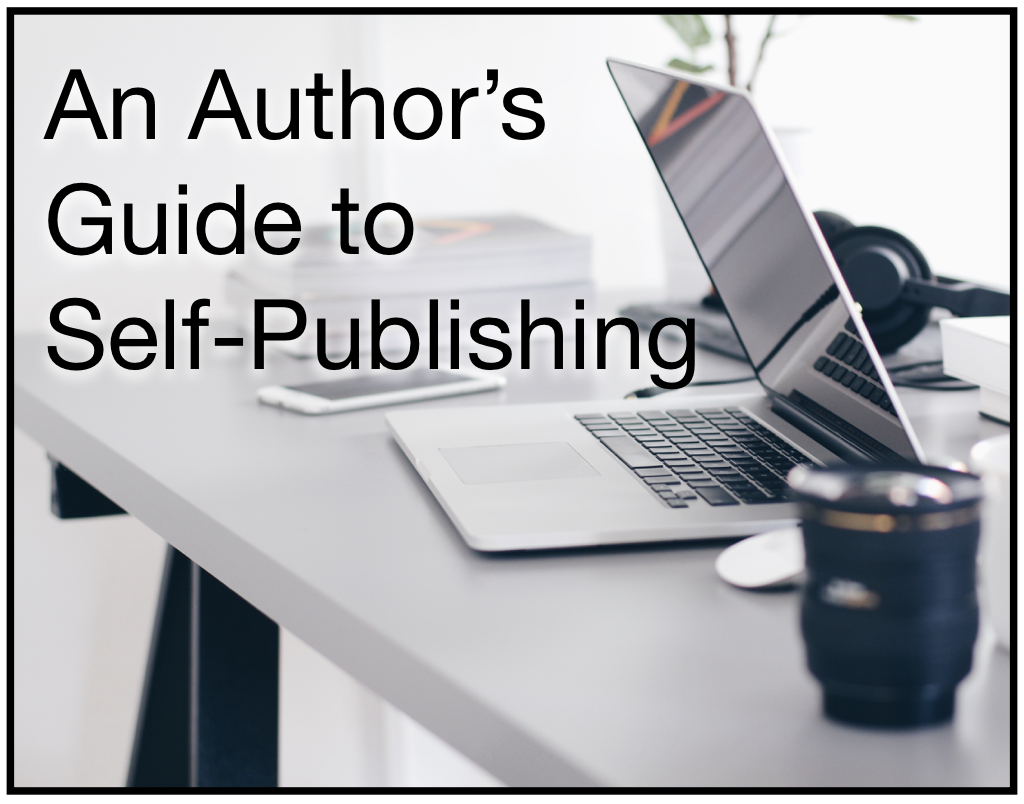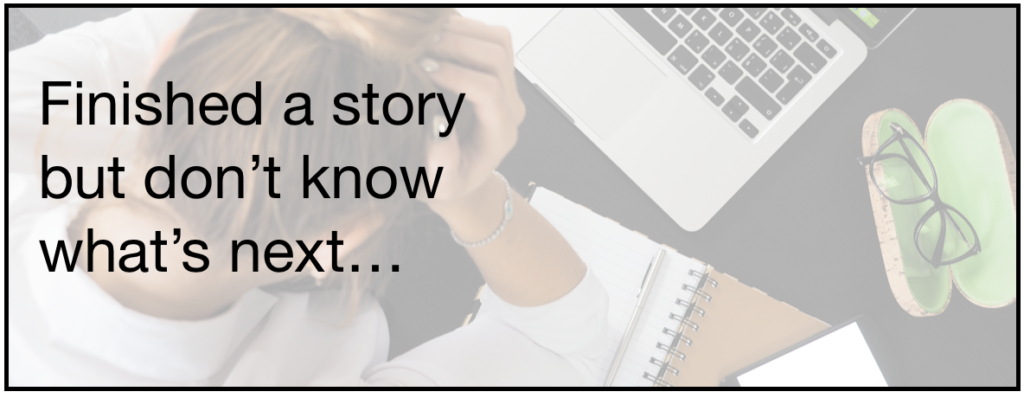Back before I published my first book, I exercised my writing muscles in a lot of different ways. I loaded my chapters onto a critique website and got feedback from a bunch of random strangers on the internet. In turn, I’d read their stuff and give them feedback. That format taught me how to better take criticism, whether that meant swallowing my pride and killing my darlings, or if it meant disregarding their comments because they were so far from my target audience that I had to filter some of their comments as irrelevant.
It also had the added benefit of teaching me how to give feedback. This is a learned skill. I’ve searched enough for useful beta readers to know that not everyone has that skill. It’s not just about reading it and giving a thumbs up or thumbs down. Good feedback only comes when the reader is able to identify that something in the writing isn’t sitting right with them, then identifying WHY that is, and then being able to come up with a possible solution. On top of all of that, they have to have the ability to articulate all of that information to the person whose work they are critiquing.



